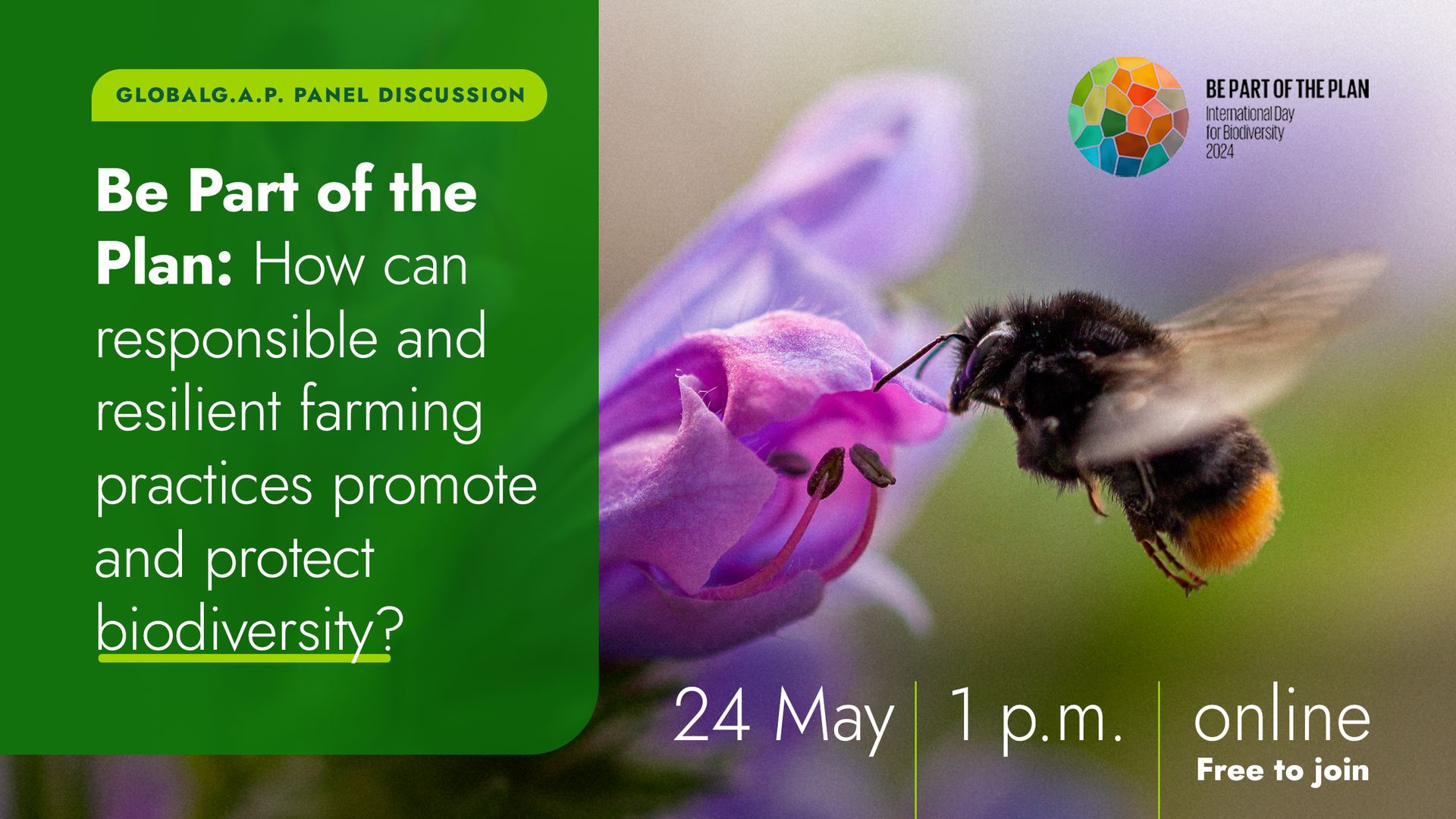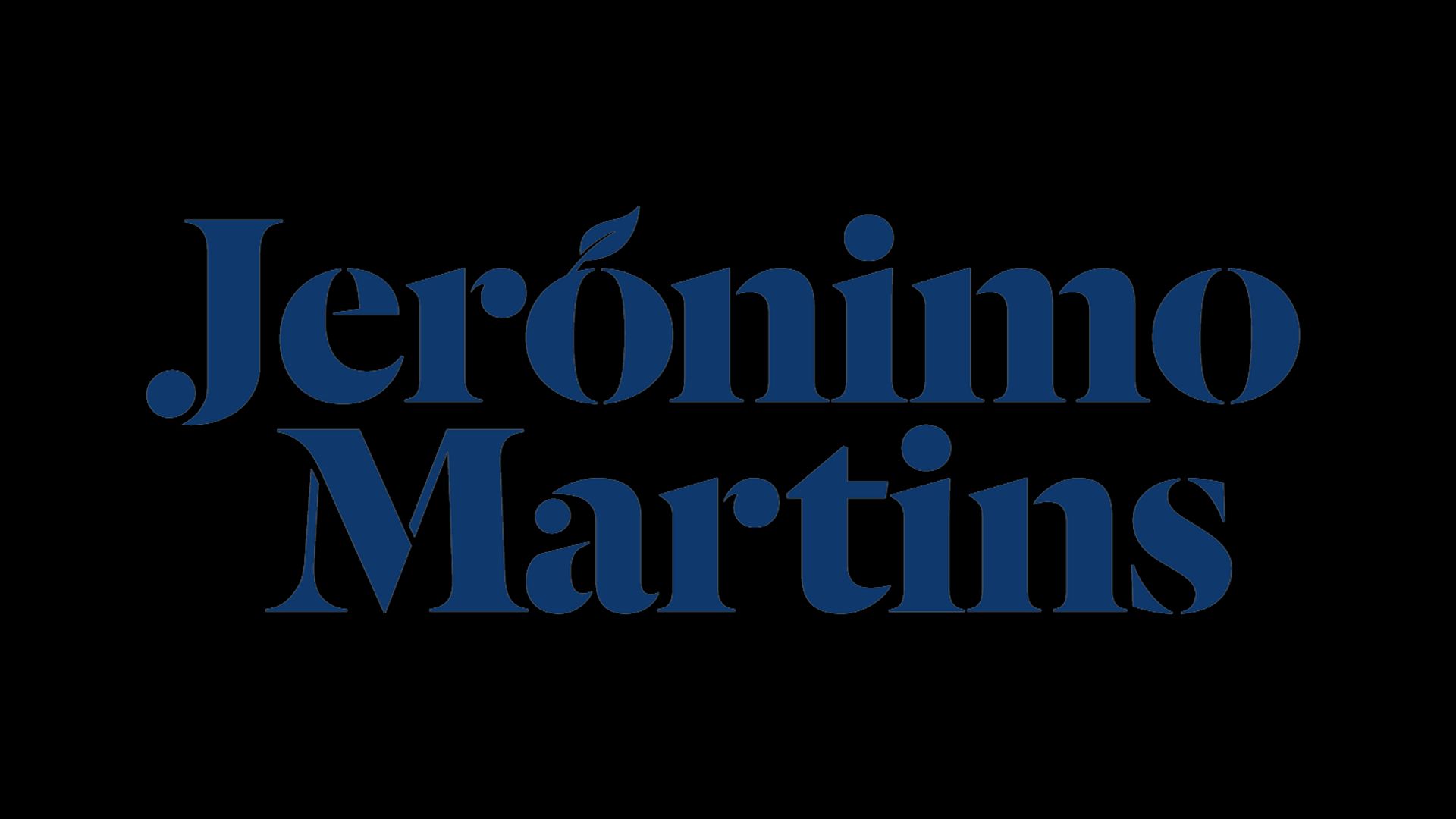29 April 2024
GLOBALG.A.P. hosts panel discussion on responsible aquaculture supply chains at Seafood Expo Global 2024
Aquaculture experts from across the value chain addressed evolving transparency requirements from farm to consumer
GLOBALG.A.P. hosts panel discussion on responsible aquaculture supply chains at Seafood Expo Global 2024
Aquaculture experts from across the value chain addressed evolving transparency requirements from farm to consumer
(Cologne/Barcelona) On the afternoon of April 23, GLOBALG.A.P. c/o FoodPLUS GmbH brought together representatives from across the aquaculture sector – including the FAO (COFI), Marine Conservation Society, Hilton Foods, and Stolt Sea Farm – to discuss the latest trends and developments currently evolving in Europe. As part of the conference program of Seafood Expo Barcelona 2024 under the title “Responsible Aquaculture Supply Chains”, the experts explored how the aquaculture industry can answer the growing pressure and demand for more responsible aquaculture supply chains from farm to consumer.
Audun Lem, Deputy Director of the Fisheries and Aquaculture Division and Secretary of the FAO Committee on Fisheries (COFI), noted at the beginning that the increasing use of traceability as a management tool, and license legality in improving production systems are two important developments in the industry. According to Lem, it is evident that aquaculture is a driving force for the further development of traceability systems. The FAO representative contributed the international perspective of the FAO’s work in the field of aquaculture, highlighting the need for cross-sector stakeholder collaboration and concluding that governments must listen to industry experts to overcome challenges in global market activities.
Marine Conservation Society Aquaculture Programme Manager Dawn Purchase stressed the importance of environmental impact and awareness of aquaculture. She said that sourcing, transparency, traceability, and sustainability of both marine and non-marine ingredients for farmed fish feed are vital when it comes to measuring the effectiveness of responsible fish farming practices and certification of aquaculture products. “We mustn't forget that we are in a nature and climate crisis, which is why traceability supported by data-based management systems needs to be embraced not only on a European level, but also globally,” Ms Purchase said. “Legislation needs to be developed that identifies emerging issues, drives research, and gathers data in order to establish binding commitments. “Collaboration in legislation development identifies and addresses pressing challenges of concern to all stakeholders,” she said.
Sustainability Senior Manager at Hilton Foods, Teresa Fernandez – also undertaking the role of Vice-Chairperson of the GLOBALG.A.P. Aquaculture Technical Committee – highlighted the importance of implementing responsible practices when processing aquaculture products, taking into account their extensive and complex global supply chains. “At Hilton Foods, we are undertaking the activity of visiting our suppliers to understand challenges,” she said. Fernandez added that certification ultimately serves as a tool to prove the efforts of suppliers and overcome current challenges. With that, she stated, the decisive factor is the willingness to collaborate, which paves the way for greater innovative strength in the sector with the aim of making supply chains from farm to consumer more responsible. Fernandez concluded by saying “certification is the baseline for everything that we are doing, and we appreciate holistic approaches that benefit the whole supply chain.”
Carlos Tavares Ferreira, who represented Stolt Sea Farm as its Sustainability and Quality Director, highlighted the producer’s efforts to manage and monitor fish welfare, and explained their challenge on site in gathering and managing data, emphasizing that data management issues require strategic, long-term solutions. Ferreira pointed out that production companies also require support from the supply chain partners in order to overcome the pressing obstacles pointed out by other speakers during the panel discussion.
Remko Oosterveld, representing GLOBALG.A.P. as well as the GGN label as Aquaculture Key Account Manager, signaled that voluntary certification systems depend on the professional exchange of all relevant actors in the supply chain. “Only with cross-stakeholder collaboration we can as an organization develop standards that meet the requirements of the whole industry. To achieve increased transparency and traceability, with increasing requirements, the cooperation with all stakeholders in the supply chain is vital. GLOBALG.A.P. ultimately exists to support the whole sector,” he concluded.
Moderator Marco Frederiksen, Director of Eurofish Denmark, concluded the panel on the note that only with cross-sector stakeholder efforts will the increasing challenges and demands be met in fostering more responsible aquaculture supply chains.
About GLOBALG.A.P.
GLOBALG.A.P. is a brand of smart farm assurance solutions developed by FoodPLUS GmbH in Cologne, Germany, with cooperation from producers, retailers, and other stakeholders across the food industry. These solutions include a range of standards for safe, socially and environmentally responsible farming practices. The most widely used GLOBALG.A.P. standard is IFA, applicable to fruit and vegetables, aquaculture, floriculture, and more. This standard also forms the basis for the GGN label – the consumer label for certified, responsible farming and transparency.
The GLOBALG.A.P. brand began its journey as EUREPGAP in 1997. Now, over twenty-five years later, more than 200,000 producers are under GLOBALG.A.P. certification in 132 countries. Nearly 150 team members around the world are dedicated to the mission of spreading responsible farming practices to ensure safe food for future generations.
About the GGN label
The GGN label is a consumer label that stands for certified, responsible farming and transparency. Found in stores on both packed and loose fruit and vegetables, farmed seafood, flowers, and plants, the label offers shoppers a quick, consistent way to recognize products that align with their values on the topics of animal welfare and social and environmental responsibility.
Accompanying the logo on product packaging is a unique 13-digit identification number that can be entered into the GGN label portal to trace the origins of the product. All products with the GGN label come from farms with production processes that are independently audited and certified to the strict criteria of GLOBALG.A.P. standards or benchmarked equivalents.
The GGN label is owned by FoodPLUS GmbH in Cologne, Germany. To find out more, visit www.ggn.org.
Press contact: Leonie Fischer – pressoffice@globalgap.org
Latest news and events
29 April 2024
Coming up: Celebrating the UN International Day of Biological Diversity with a virtual panel discussion
29 April 2024
How GLOBALG.A.P. Community Member Jerónimo Martins is fortifying its supply chain with its own production
May 14, 2024
GLOBALG.A.P. Webinar Series: A guide to IFA v6 transition – Flowers and ornamentals
May 30, 2024 - May 31, 2024
Academy training: SPRING v2 in Spanish
Jun 26, 2024 - Jun 27, 2024
Academy training: GRASP v2 in Spanish
Jul 01, 2024 - Jul 05, 2024
Academy training: IFA v6 for fruit and vegetables in English
Sep 10, 2024 - Sep 12, 2024
GLOBALG.A.P. SUMMIT 2024

